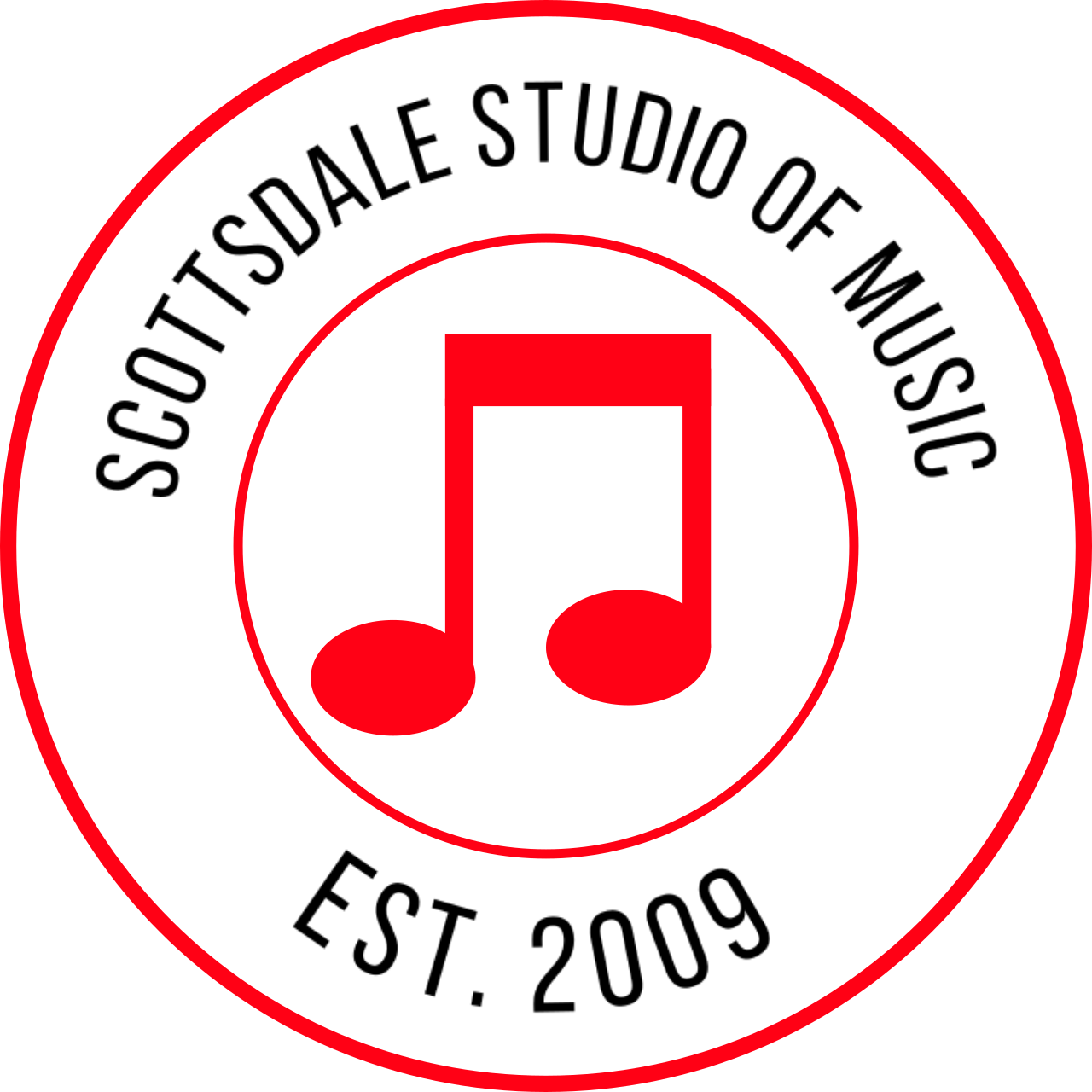Guide To Piano Tuners in Scottsdale, AZ
As a music school in Scottsdale, we are often asked about piano maintenance and tuners in the area. We hope this list helps. If you’d like to schedule a piano lesson in Scottsdale, or if you would like to enroll in guitar lessons, voice lessons, or something else, please get in touch.
Piano Tuners in Scottsdale
This is not an exhaustive list of piano tuners, but it’s a helpful reference guide if you’re choosing a technician nearby. There are not a large number of piano tuners in Scottsdale - most are based in Mesa or other nearby areas (but do service Scottsdale).
Arcadia Piano Service
Based in Mesa, Arcadia Piano Service states that they do serve the Scottsdale community. They have been in business since 2011, and in addition to tuning, they restore and repair pianos. A standard tuning is about $200. They can also regulate, clean, and even sanitize your piano.
Phone: 480-442-4333
Aslanyan's Piano Tuning & Repair
Aslanyan has been tuning pianos for 45 years, and he serves Scottsdale and the greater Phoenix area. He also lists restored pianos for sale on his website, and that’s a great way to get a good deal on a quality instrument. He repairs player pianos, tunes and regulates, and provides other piano services as well.
Phone: 480.949.2602
Chapin Piano Service
As a larger and established retail business, Chapin has 200+ reviews on Google. You can also book a piano tuning appointment online, and they sell a number of used instruments. They are also located in Mesa, but they serve the Scottsdale area.
Phone: 480-702-1130
Piano Tuning Frequently Asked Questions
How Often Should Your Piano Be Tuned?
Pianos should generally be tuned at least twice a year, though the exact frequency can vary based on several factors. The type of piano plays a significant role; high-quality grand pianos, often used in professional settings, may require more frequent tuning compared to upright pianos. Climate also impacts tuning needs—changes in temperature and humidity can affect the piano's tuning stability. In regions with significant seasonal changes, more frequent tuning is advisable. Additionally, the amount of use a piano gets influences how often it should be tuned. Pianos played frequently, especially in practice or performance settings, may need tuning every three months, while those played less often can maintain their tuning for longer periods. Finally, a piano should always be tuned before a concert, especially if the piano will be performing alongside other instruments or vocalists.
Do You Need To Regulate Your Piano?
Yes, regulating your piano is important if you want your piano to perform at a high level. Regulation involves adjusting the piano's action mechanism to ensure consistent touch and response. Over time, felt parts compress, and wooden parts can shift due to humidity and wear. Regular regulation, typically every few years or more often for heavily used pianos, helps maintain the instrument's responsiveness, dynamic range, and overall playability
My Piano Keys are Sticky. Can a Technician Help?
Yes, a technician can definitely help if your piano keys are sticky. Sticky keys can result from several issues, such as debris lodged between the keys, humidity affecting the wood, or problems with the action mechanism. A professional piano technician has the expertise to diagnose and address these issues effectively.
Firstly, the technician will inspect the keys and the internal components to identify the root cause of the stickiness. If debris is the culprit, they can carefully clean the affected areas. Humidity-related issues might require adjustments to the key bushings or the installation of a humidity control system to prevent future problems. Additionally, mechanical issues within the piano's action can be resolved through precise adjustments or part replacements.
Regular maintenance by a technician can prevent sticky keys and ensure your piano remains in excellent playing condition. It's advisable to schedule periodic check-ups to keep your instrument in top shape.

